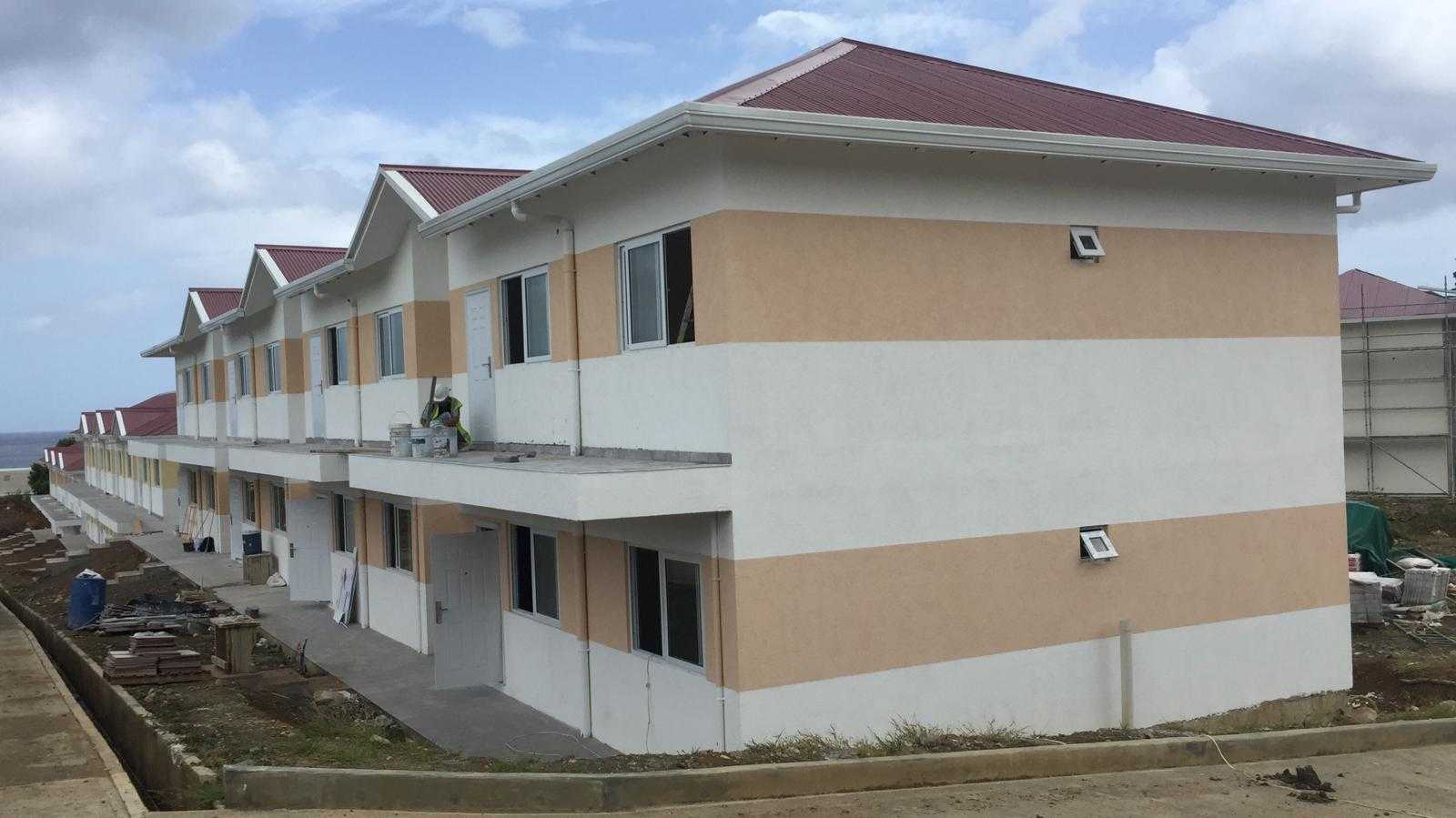
The Network of Caribbean Chambers of Commerce (CARICHAM) was represented by Mr. Faron Lawrence, President of the St. Kitts and Nevis Chamber of Industry of Commerce (SKNCIC) and Mr. Stephen Lander, Vice President of the Dominica Association of Industry and Commerce (DAIC), at the ‘Understanding Risk Management and Risk Financing for Disaster Resilience’ Training of Trainers. This training was held in Singapore from June 18th to 21st, 2019.
Co-organized by the Singapore Cooperation Programme (SCP), the UN Office for Disaster Risk Reduction (UNDRR) Global Education and Training Institute (GETI), and Regional Office for the Americas and the Caribbean (ROAMC), this two-day session was attended by officials from CARICOM countries in the public and private sectors.
The seminar included a mix of lectures, technical sessions, and interactive case studies. Discussions revolved around the importance of an integrated, systems-based approach to disaster resilience, and how both Public-Private partnership can reduce vulnerabilities within the sectors.
CARICHAM presented on Engaging the Private Sector for Disaster Resilience, Understanding Private Sector: Business Continuity Importance and Foundational Elements, and Public-Private Partnership for Disaster Resilience. The presentations highlighted how Public-Private Partnerships in Disaster Risk Reduction improve resilience.
Mr. Lawrence expressed that “The seminar was quite timely, relevant and effective. Representatives from the Public Sector welcomed and appreciated the input of the Private Sector Representatives and there were clear understandings and acceptance that with both sectors working together on disaster risk management and resilience can improve exponentially in our region.”
Furthermore, Mr. Lander stated that “the session underscored the importance of preparedness, even for those risk events that are unlikely or unexpected. Singapore is a striking example, having established a robust disaster management plan although the frequency of disasters there is relatively low.”
Participants welcomed the opportunity to exchange views on disaster management strategies and challenges in their home countries, and how improved collaboration amongst stakeholders can take place to strengthen the former.






